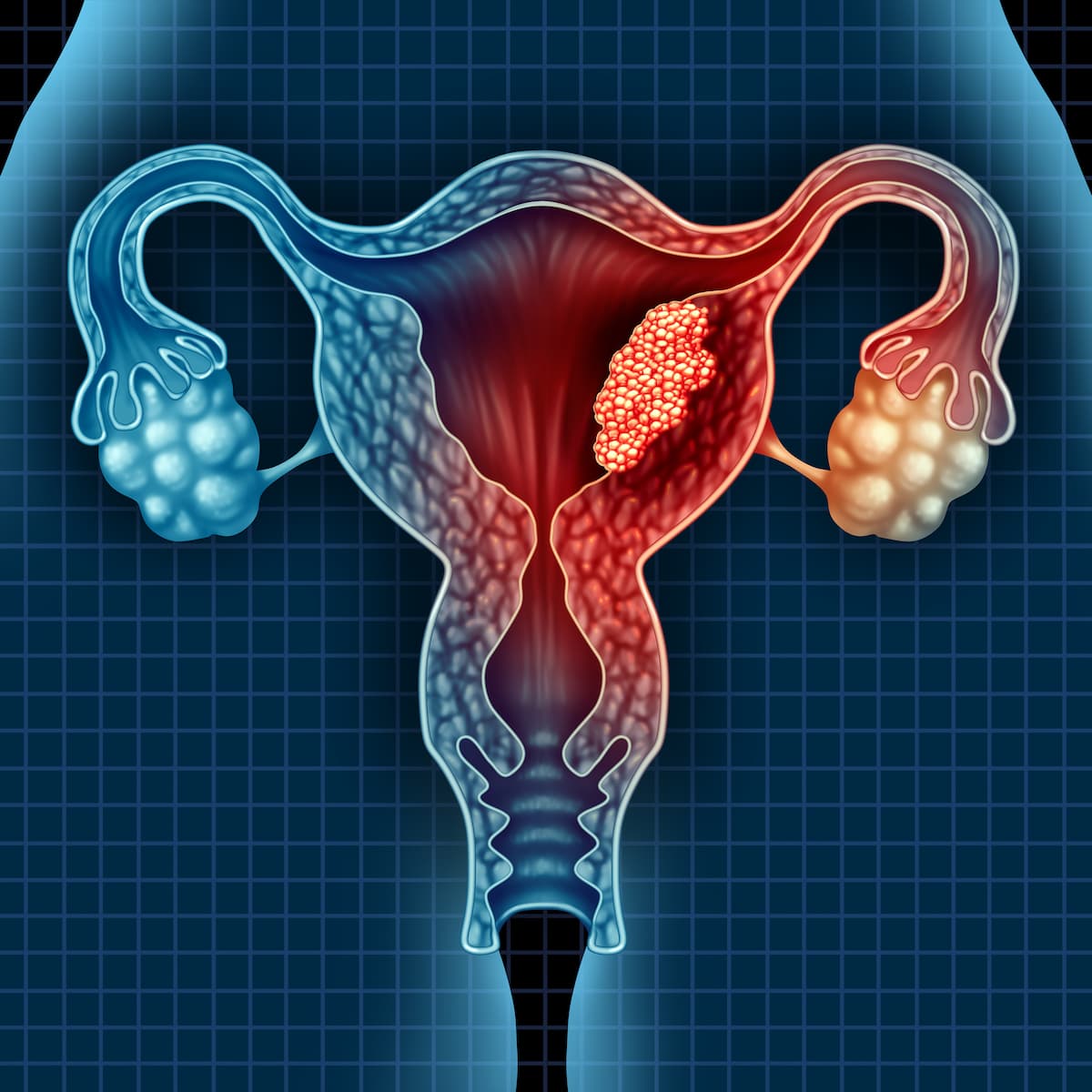Dostarlimab/Chemo Receives EU Approval for dMMR/MSI-H Endometrial Cancer
The European approval for dostarlimab and chemotherapy for dMMR/MSI-H, primary advanced or recurrent endometrial cancer is based on data from part 1 of the phase 3 RUBY/ENGOT-EN6/GOG3031/NSGO trial.
“Today’s European Commission approval is welcomed news, as I believe it will define a new standard of care for certain patients with advanced or recurrent endometrial cancer in the [European Union],” according toMansoor Raza Mirza, MD.

The European Commission has given authorization to dostarlimab (Jemperli) plus carboplatin/paclitaxel for adult patients with mismatch repair deficient (dMMR)/microsatellite instability–high (MSI-H), primary advanced or recurrent endometrial cancer, according to a press release from GSK.1 Moreover, the regulatory decision also extends to a conditional approval for single-agent dostarlimab for dMMR/MSI-H, advanced or refractory disease that progressed during or after previous treatment with a platinum-based treatment, which has now transitioned to a full approval.
The approval was based on data from part 1 of the phase 3 RUBY/ENGOT-EN6/GOG3031/NSGO trial (NCT03981796), in which investigators reported a statistically significant and clinically meaningful improvement in progression-free survival in the dostarlimab cohort. Additionally, those in the experimental arm achieved a 72% decrease in risk of progression or death vs chemotherapy alone (HR, 0.28; 95% CI, 0.16-0.50).
Moreover, an exploratory overall survival analysis identified a 70% decrease in risk of death in those treated with dostarlimab/chemotherapy compared with chemotherapy alone (HR, 0.30; 95% CI, 0.13-0.70).
“Today’s European Commission approval is welcomed news, as I believe it will define a new standard of care for certain patients with advanced or recurrent endometrial cancer in the [European Union],” principal investigator Mansoor Raza Mirza, MD, chief oncologist at Copenhagen University Hospital, Denmark, said in the press release. “The results from the RUBY trial, which led to this approval, underscore the practice-changing potential of dostarlimab for these patients.”
Dostarlimab/chemotherapy followed by dostarlimab monotherapy was approved by the FDA as a treatment for those with primary advanced or recurrent, dMMR/MSI-H endometrial cancer.2 This approval was also based on data from the RUBY study.
References
- GSK’s Jemperli (dostarlimab) plus chemotherapy approved as the first and only frontline immuno-oncology treatment in the European Union for dMMR/MSI-H primary advanced or recurrent endometrial cancer. News release. GSK. December 11, 2023. Accessed December 13, 2023. https://bit.ly/3NiI1mL
- Jemperli (dostarlimab) plus chemotherapy approved in the US as the first new frontline treatment option in decades for dMMR/MSI-H primary advanced or recurrent endometrial cancer. News release. GSK. July 31, 2023. Accessed December 13, 2023. https://shorturl.at/izGL9